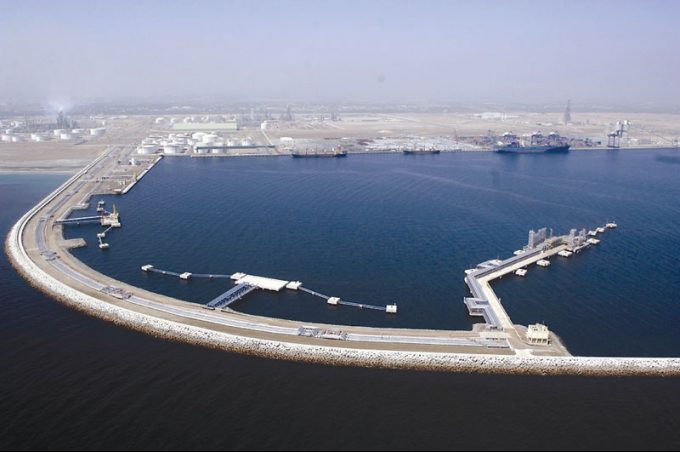Real test of Gemini hub and spoke model yet to come, says Maersk
Early signs may be positive for the Gemini Cooperation’s “hub and spoke” model, but head ...

As transport operators serving the Middle East Gulf region scramble to adjust to its rapidly changing political dynamics, German shipping line Hapag-Lloyd may inadvertently have found itself at the centre of the escalating diplomatic dispute.
On Monday, Saudi Arabia, the UAE, Bahrain, Egypt and Yemen, as well as Libya, Mauritius and the Maldives, severed diplomatic relations with Qatar and blocked flights and ocean voyages to the country from its airports and seaports.
However, the recently completed merger between Hapag-Lloyd and Gulf-based United Arab Shipping Company (UASC) ...
'Disastrous' DSV-Schenker merger would 'disrupt European haulage market'
'Chaos after chaos' coming from de minimis changes and more tariffs
List of blanked transpac sailings grows as trade war heats up and demand cools
Shippers in Asia restart ocean shipment bookings – but not from China
Forto 'sharpens commercial priorities' as it lays off one-third of staff
India withdraws access for Bangladesh transhipments, in 'very harmful' decision
'Tariff hell' leaves industries in limbo – 'not a great environment to plan'
Temporary tariff relief brings on early transpacific peak season
Pre-tariff rush of goods from US to China sees air rates soar, but not for long
Asian exporters scramble for ships and boxes to beat 90-day tariff pause
De minimis-induced ecommerce demand slump could cripple freighter operators
Forwarders 'allowing the fox into the chicken run' by supporting 'hungry' carriers
Hapag 'took the bigger risk' when it signed up to Gemini, says Maersk
'Restoring America's maritime dominance' – stop laughing at the back of the class
Navigating tariffs: 'like trying to solve a Rubik's cube while colour-blind'

Comment on this article